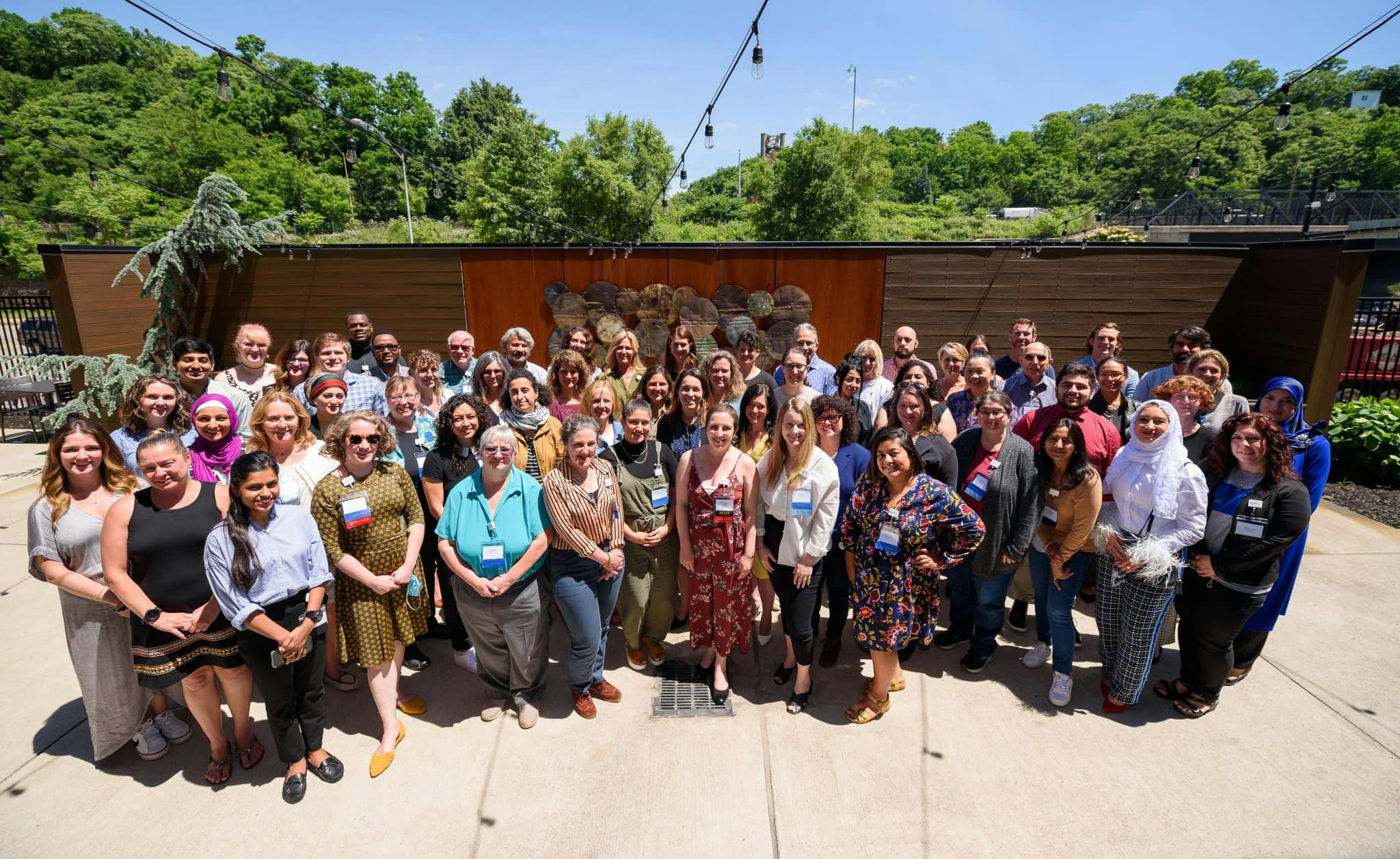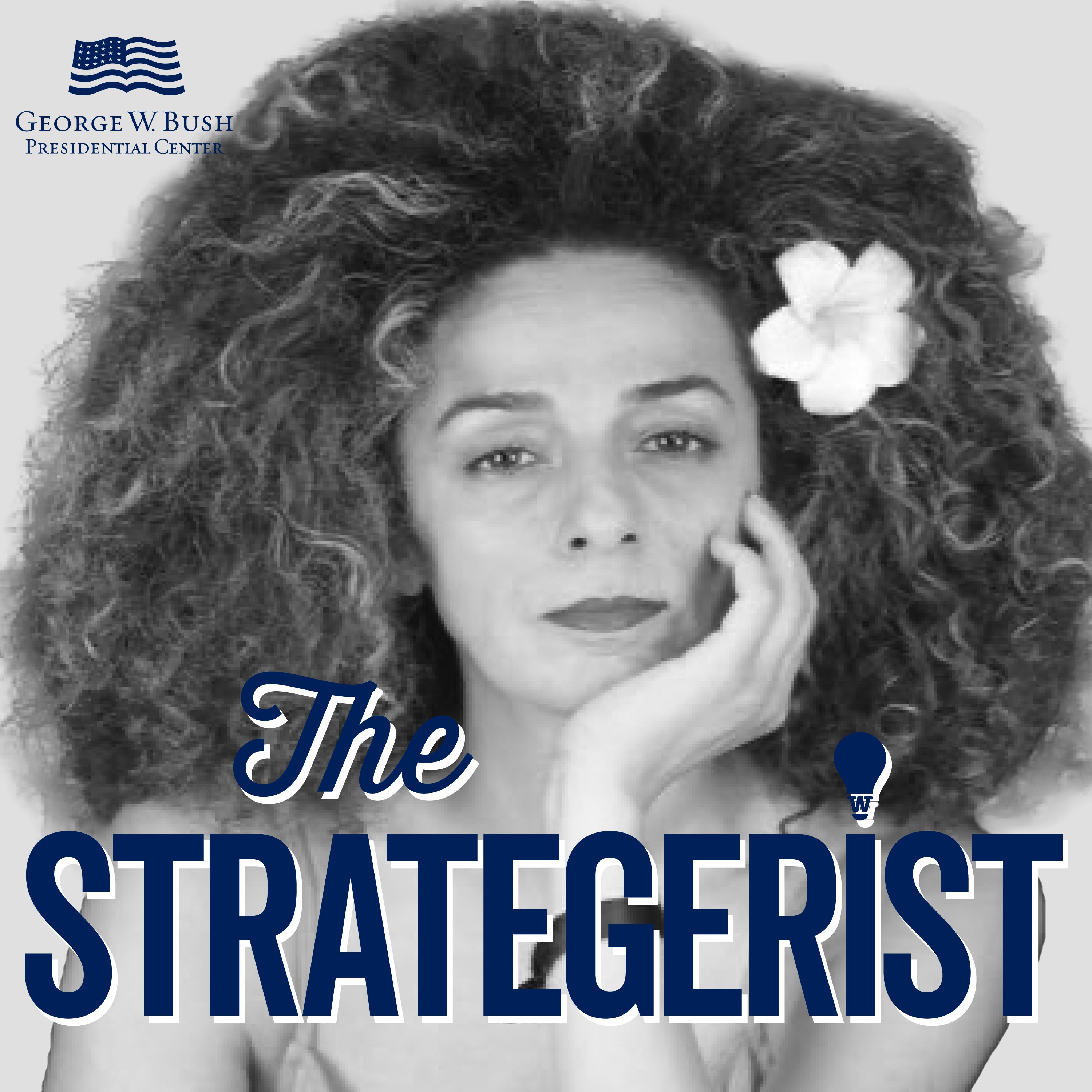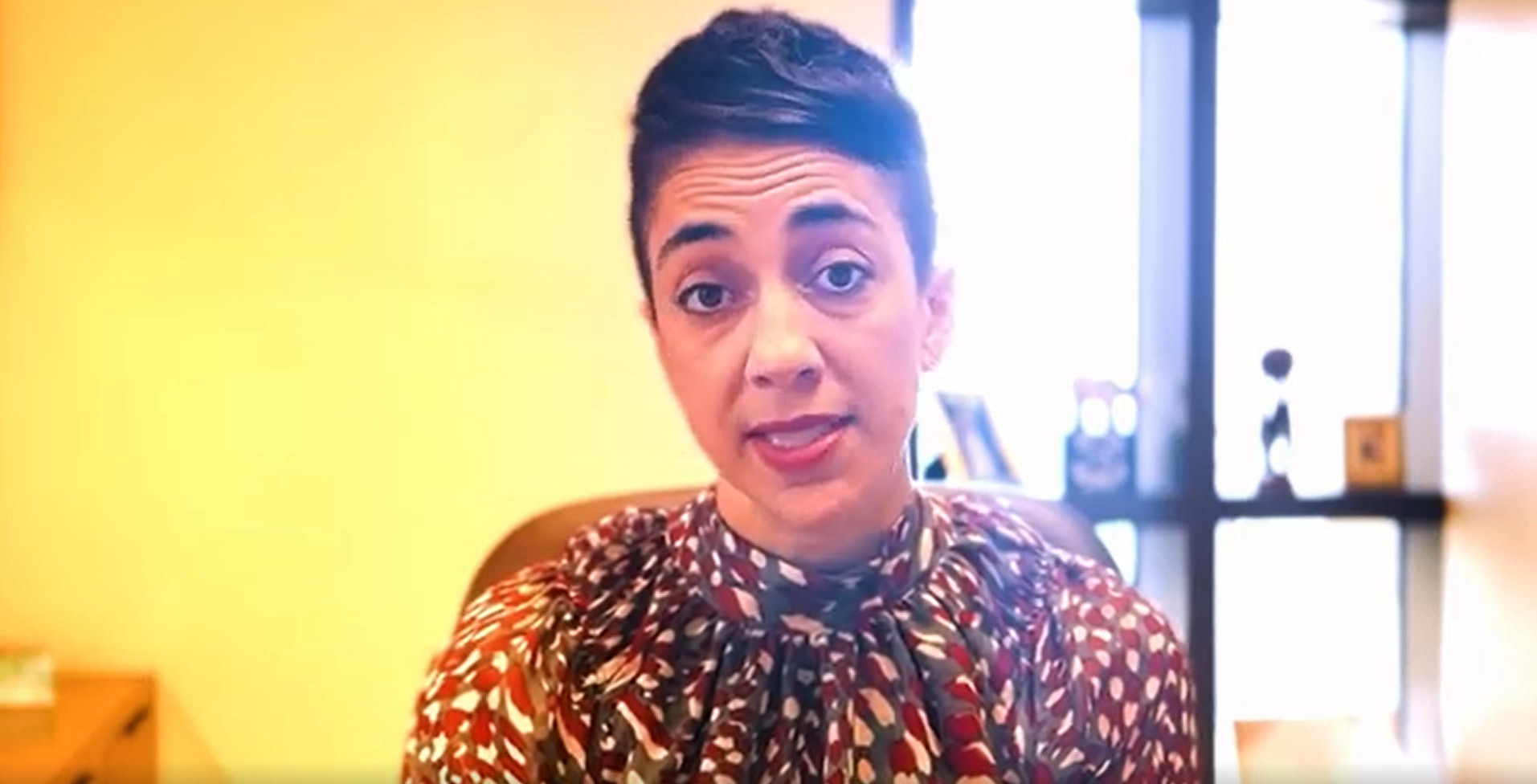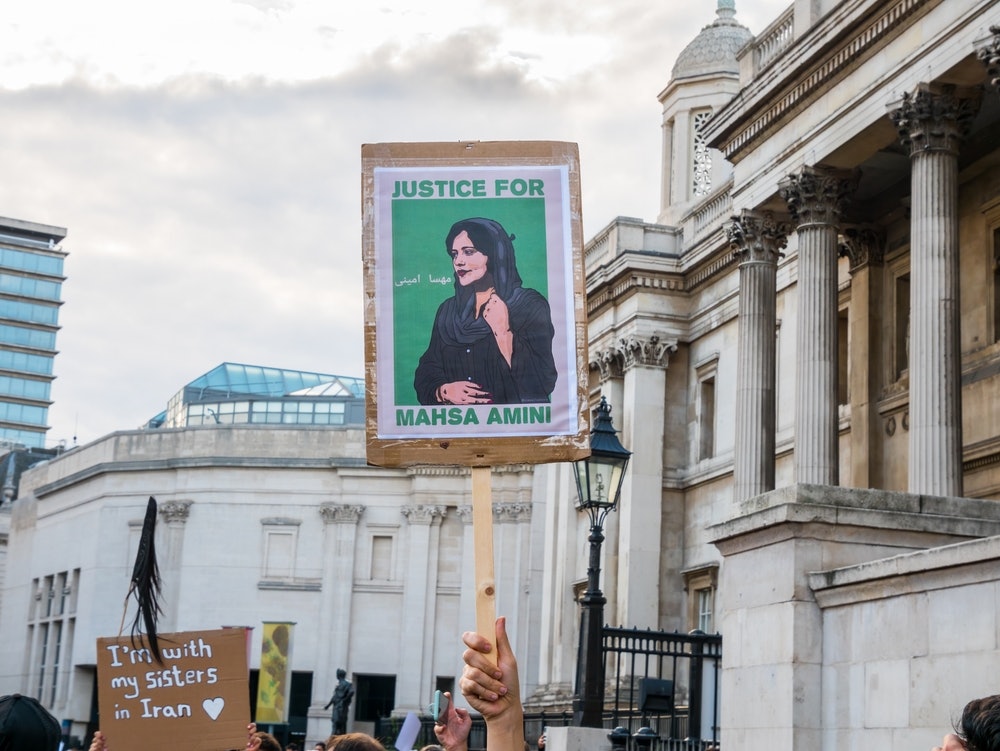Here are four strategies that particularly can support the work of first ladies, their offices, and the causes they champion
First ladies use their unique podiums to make life better for their country and fellow citizens. Unelected, yet official, their task, however, can be arduous as many first ladies play a role without formal office and authority.
The often-unchartered nature of their work is why the Bush Institute and the International Center for Research on Women used “a role without a rulebook” as the title for our new report. A Role Without A Rulebook: The Influence of Leadership of Global First Ladies was unveiled yesterday at a Bush Center forum featuring two prominent former first ladies: Mrs. Laura Bush and Mrs. Cherie Blair. As they noted, this report provides unprecedented research for first ladies as they embark on their role or seek ways to amplify it.
The findings highlight a number of strategies first ladies can use, but here are four that particularly can support their work, their offices, and the causes they champion:
Develop a strategic vision
First ladies face competing priorities and numerous constraints, so they and their work benefit from developing and implementing a strategic vision. First ladies often must operate with inadequate resources and an undefined “job description.” But by aligning their visions with the unique prominence of their position, they can set advance important causes and opportunities for action.
Engage with citizens and peers
One of the most unique opportunities presented first ladies is their ability to transcend boundaries. The capacity to engage with citizens from all walks of life allows them to break down barriers and elevate important issues. When used effectively, a first lady’s social capital creates an important bridge between civil society and government institutions.
Moreover, first ladies benefit from engaging with their peers. Communication and outreach with predecessors, successors, and contemporaries provides opportunities to share best practices and learn from others who are or were in similar positions of influence.
Encourage collaboration among stakeholders
We increasingly live in a world where collaboration is a vital force for change. Partnerships, by their very nature, present an opportunity to engage diverse ideas. As apolitical influencers, first ladies have a powerful opportunity to unite people and/or groups and encourage cooperation.
In working toward a common objective, collaboration presents opportunities to offset their limited resources and other barriers. Collaborating with others also encourages sustained impact across campaigns and programs.
Promote the value of women as leaders
At every level of society, women’s leadership matters. When women are educated, their children are more likely to be educated. When women have access to quality health care, their families are healthier. When women have equal entry to the economy, their communities are more prosperous.
For communities to flourish, every citizen must have equal opportunities to maximize her or his potential. With a distinctive ability to engage civil society and government institutions, spouses of state leaders are moving the needle forward on critical issues at local and national levels. Because it inspires both advocacy and action, when used effectively, a first lady’s podium is a catalyst for change.
I encourage you to read the report, and how first ladies from Bess Truman and Clementine Churchill to Laura Bush and Cherie Blair have used their roles to make a difference across the world . Our hope is to provide a better understanding of the influence of first ladies, offering a new perspective and recommendations to aid their unique role.





























